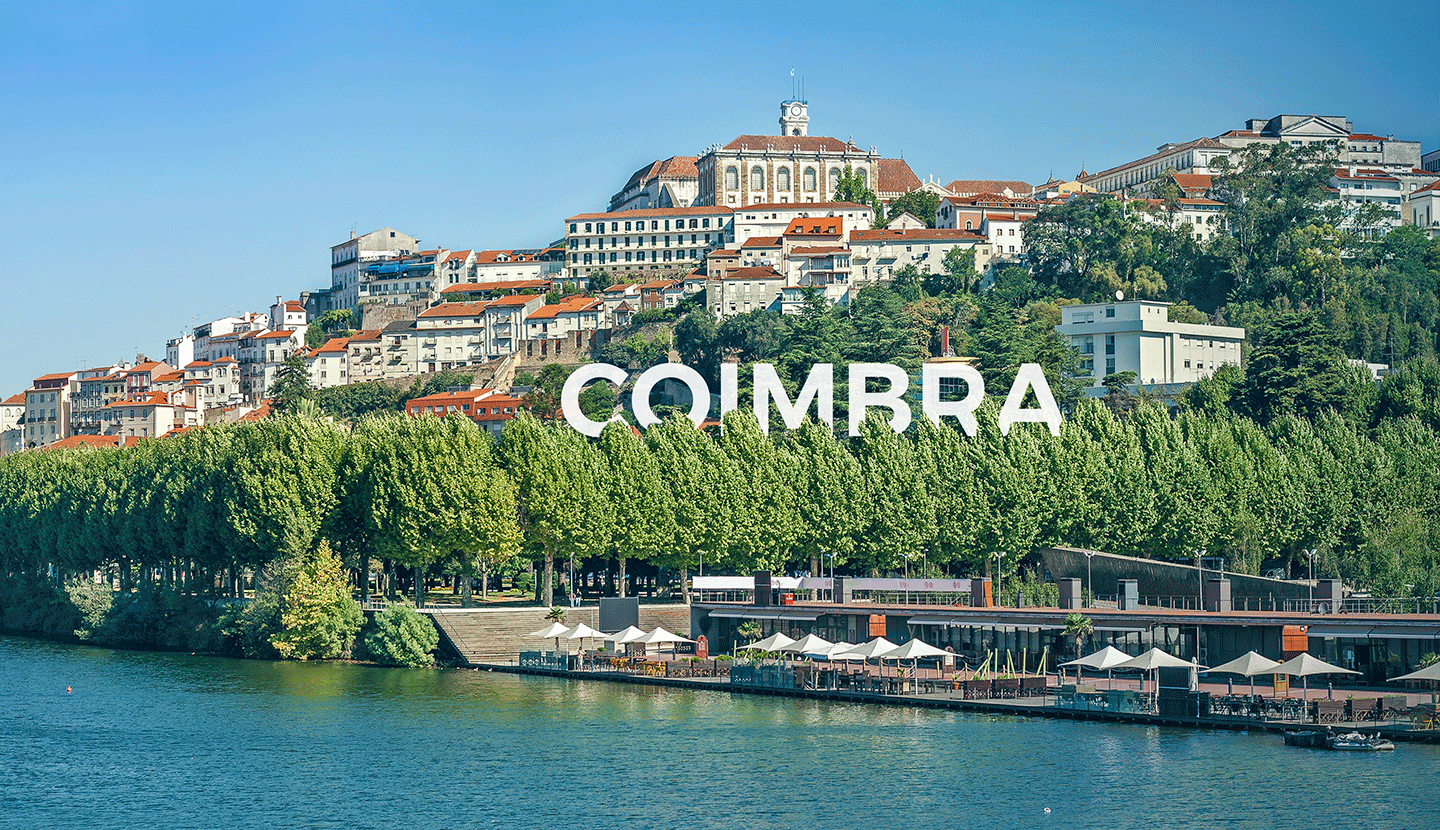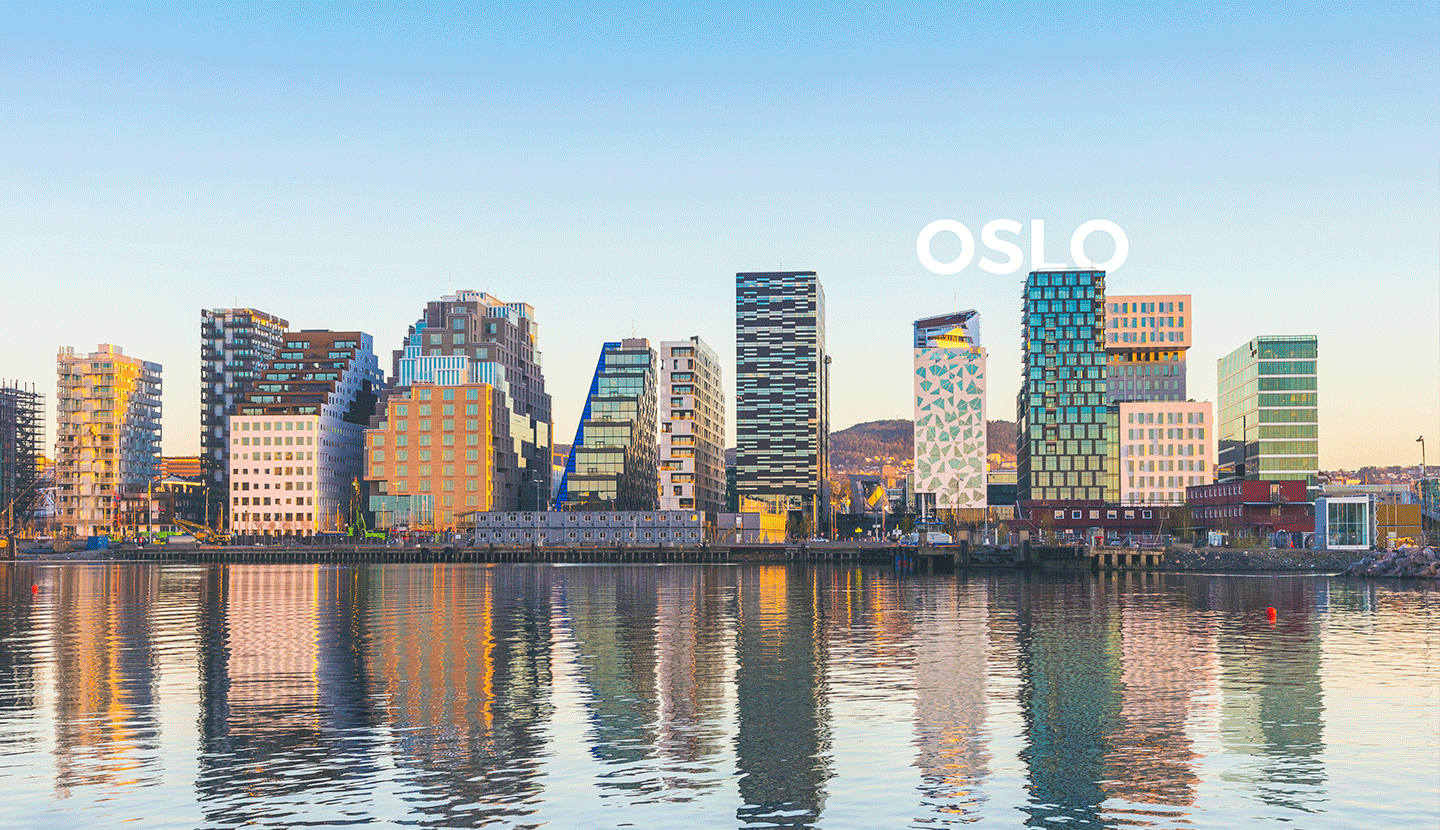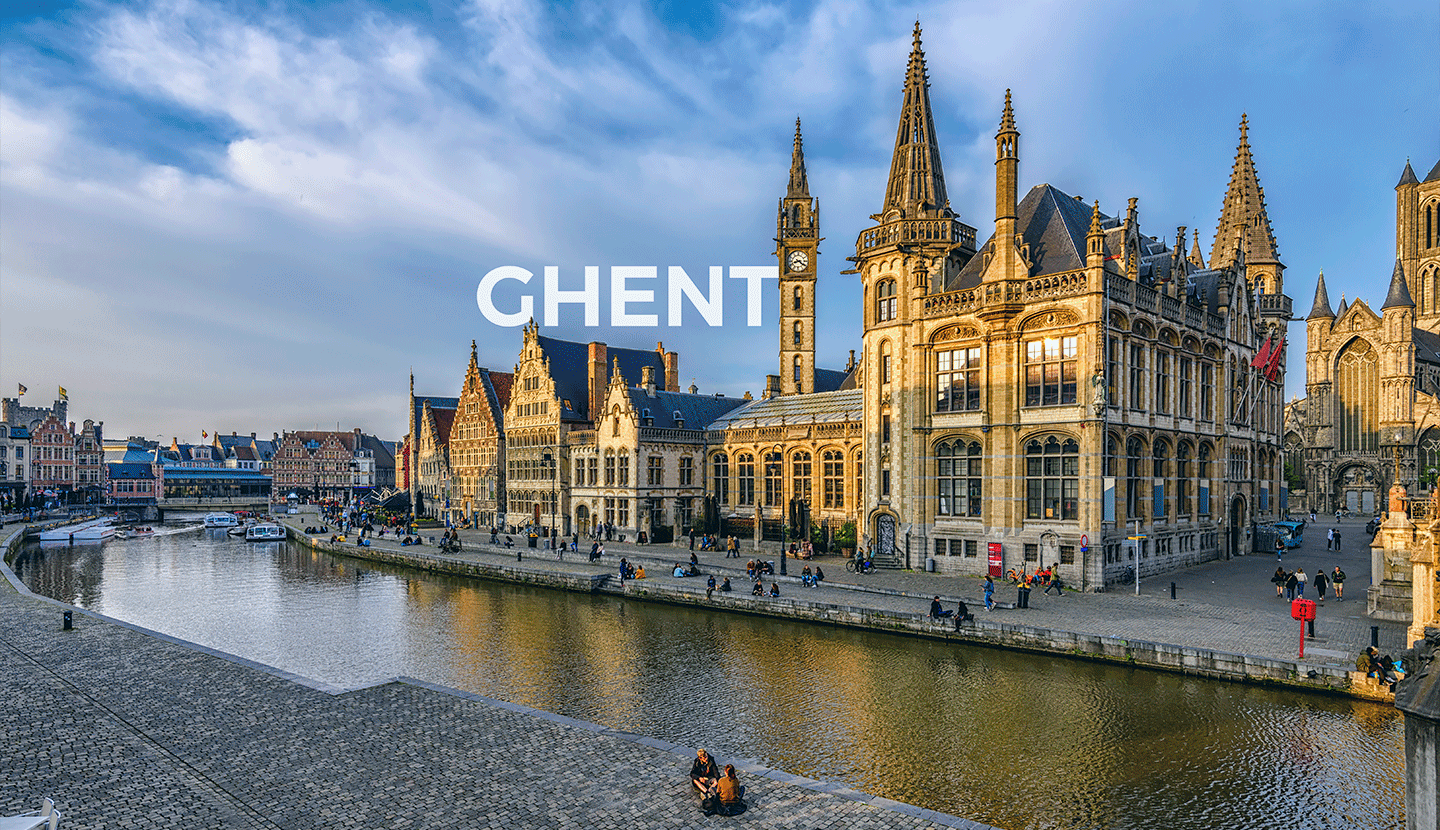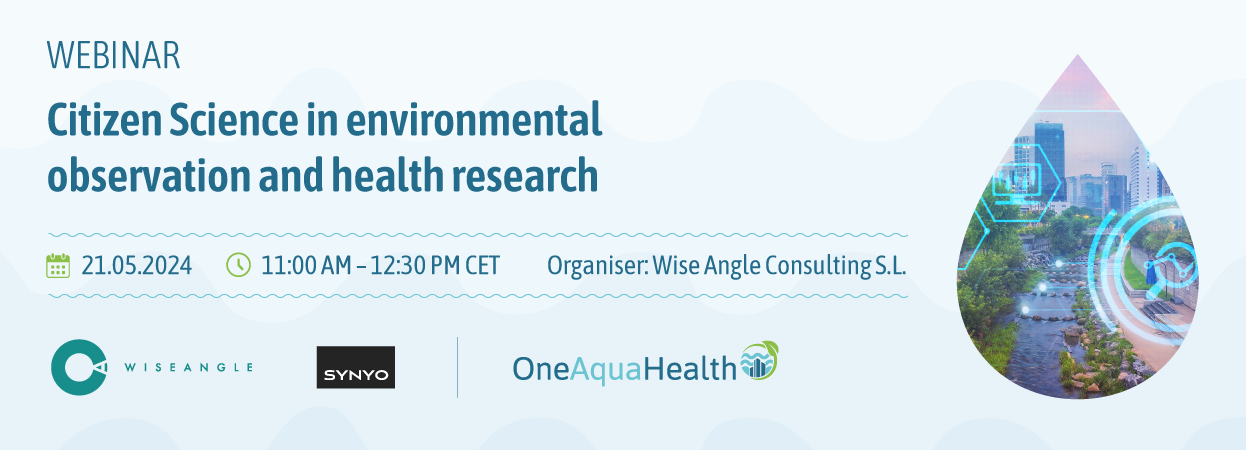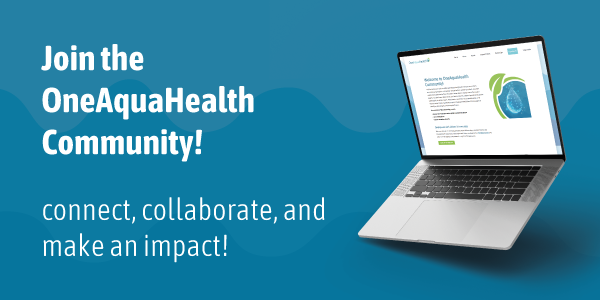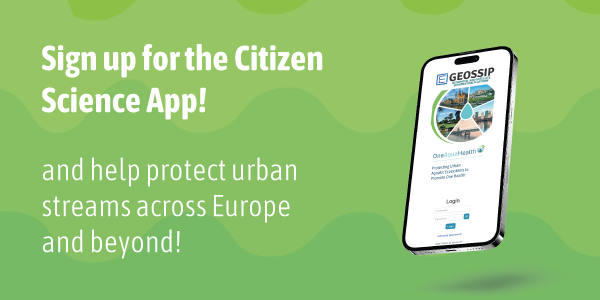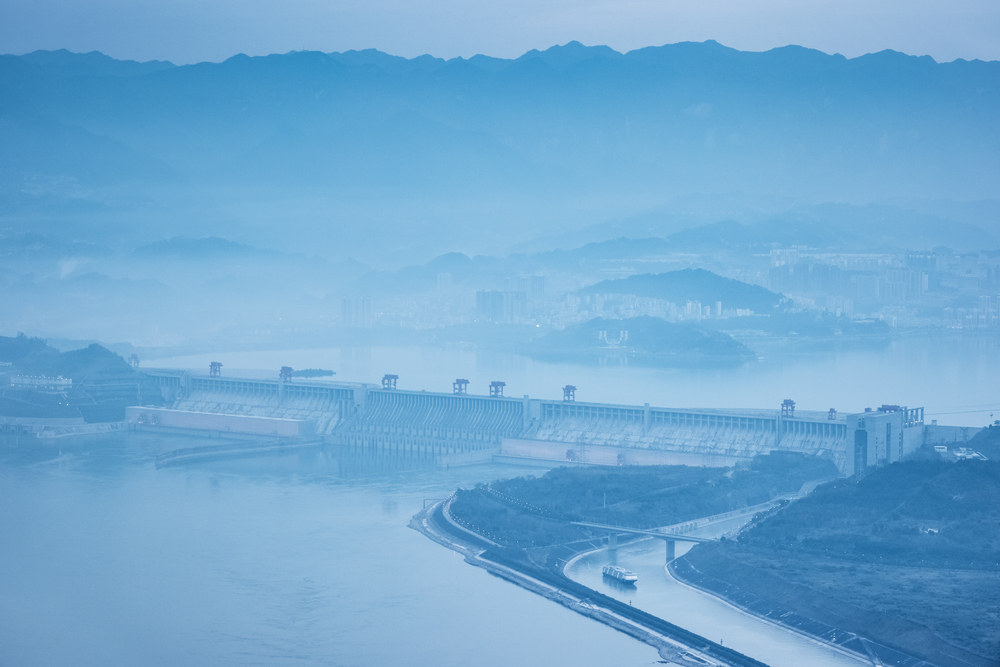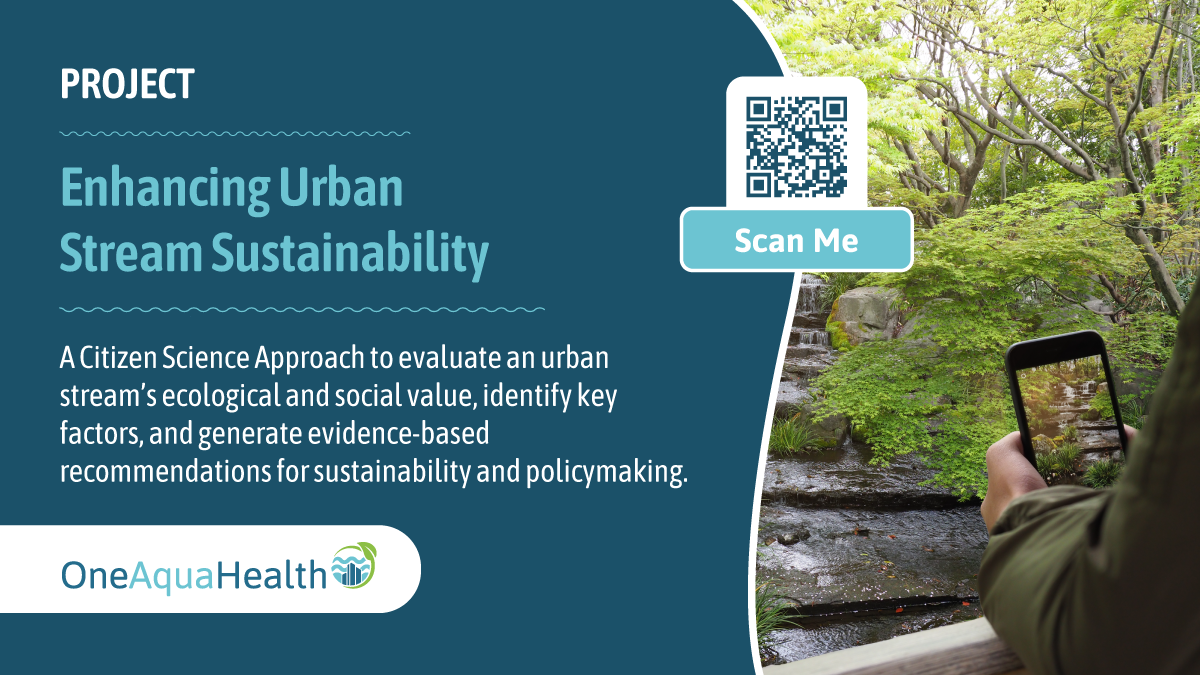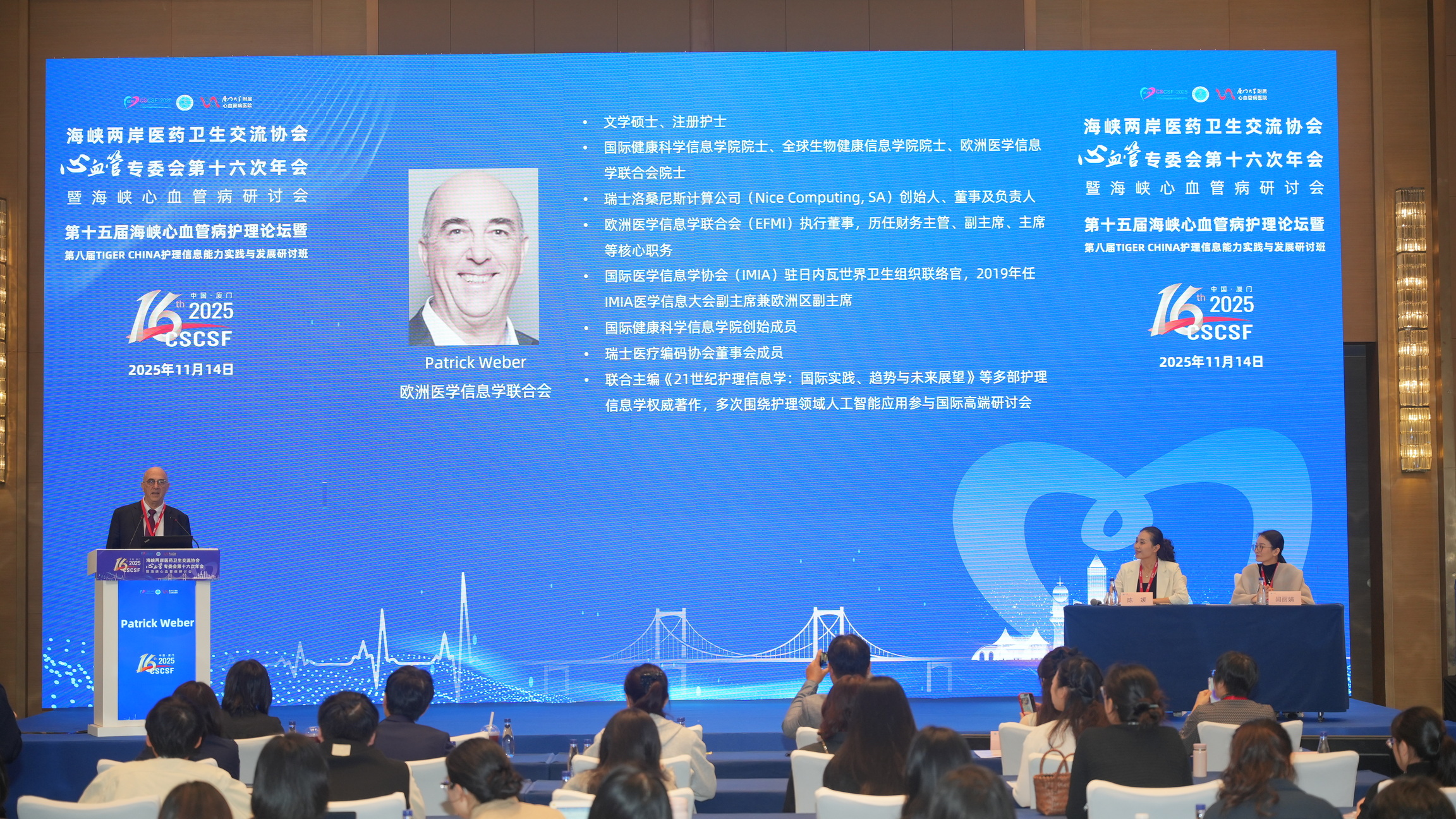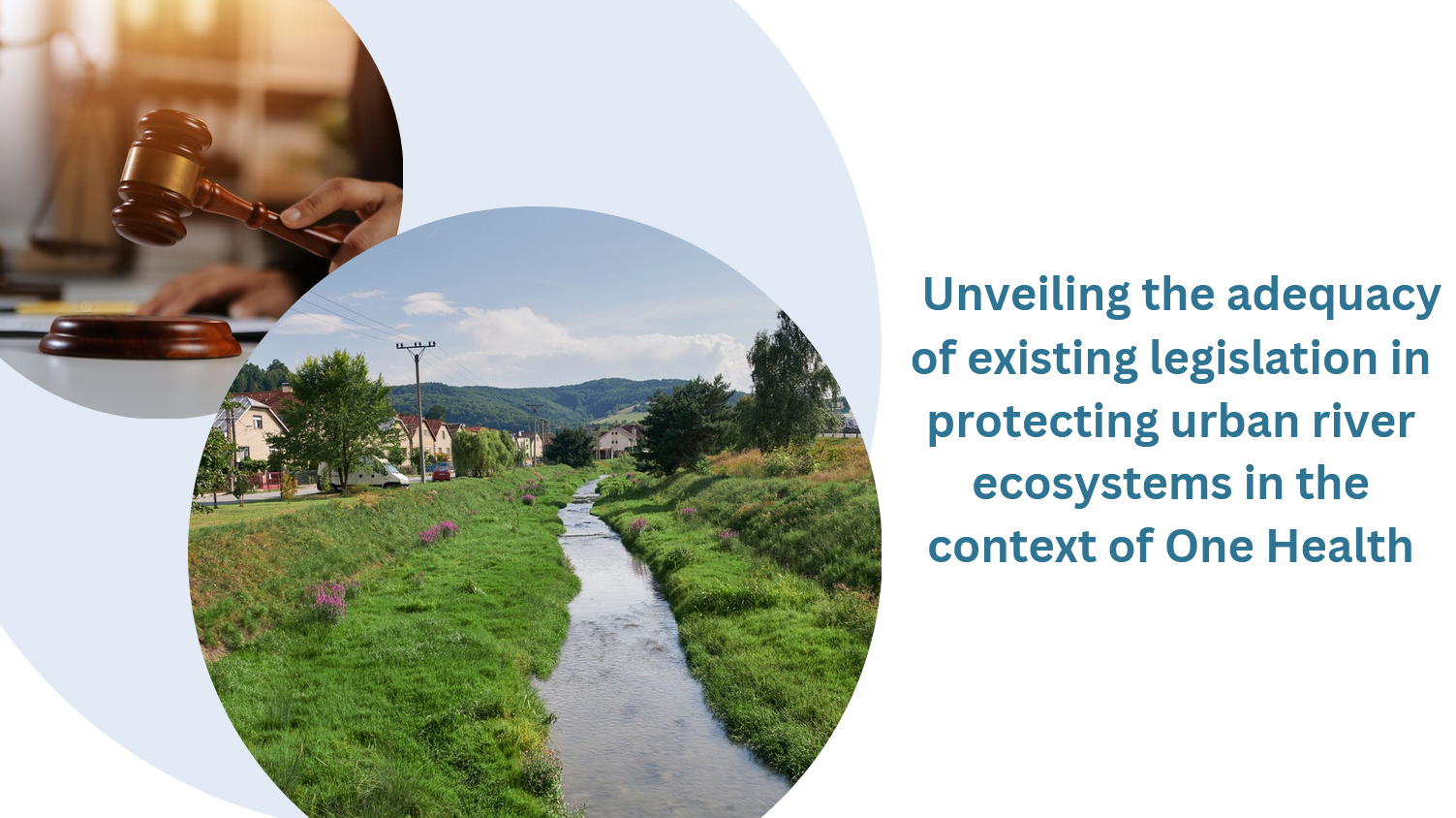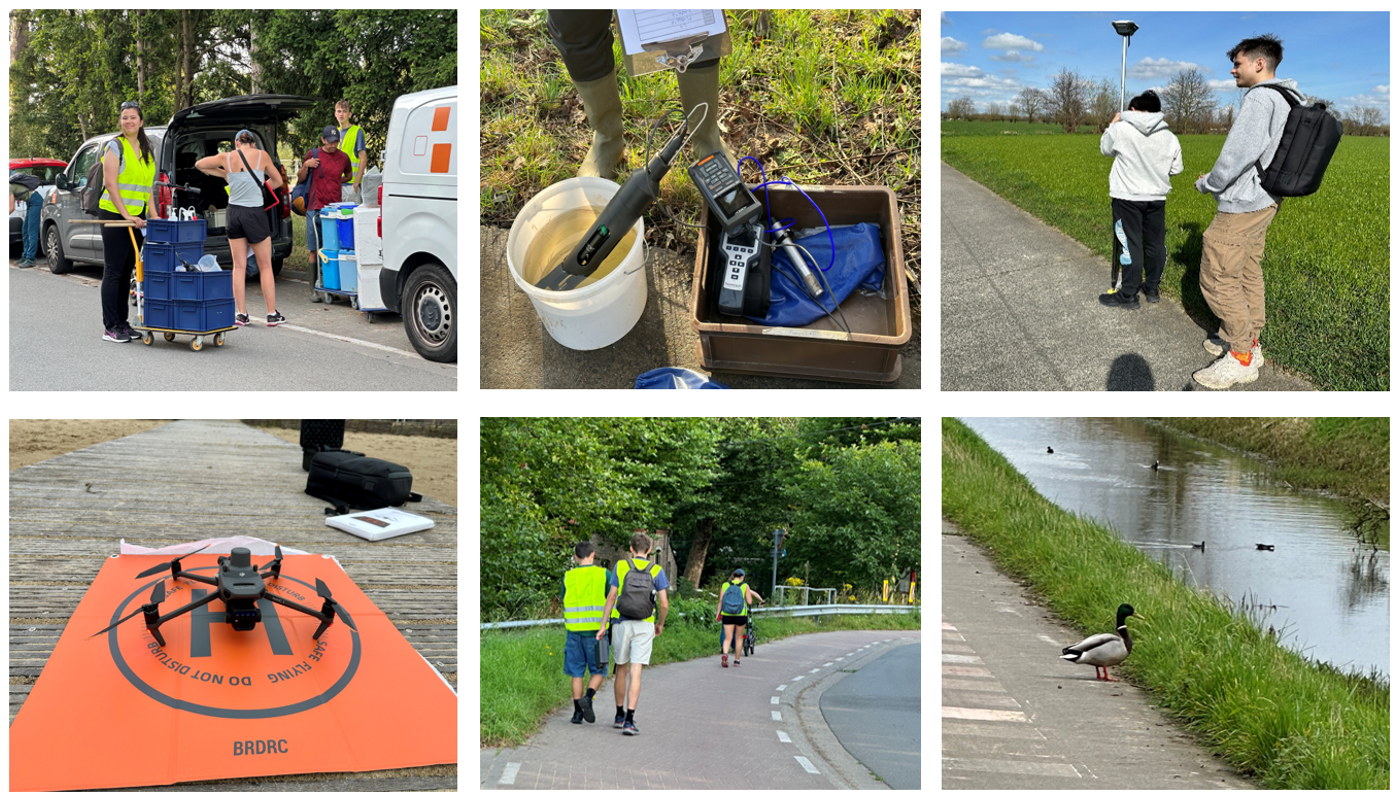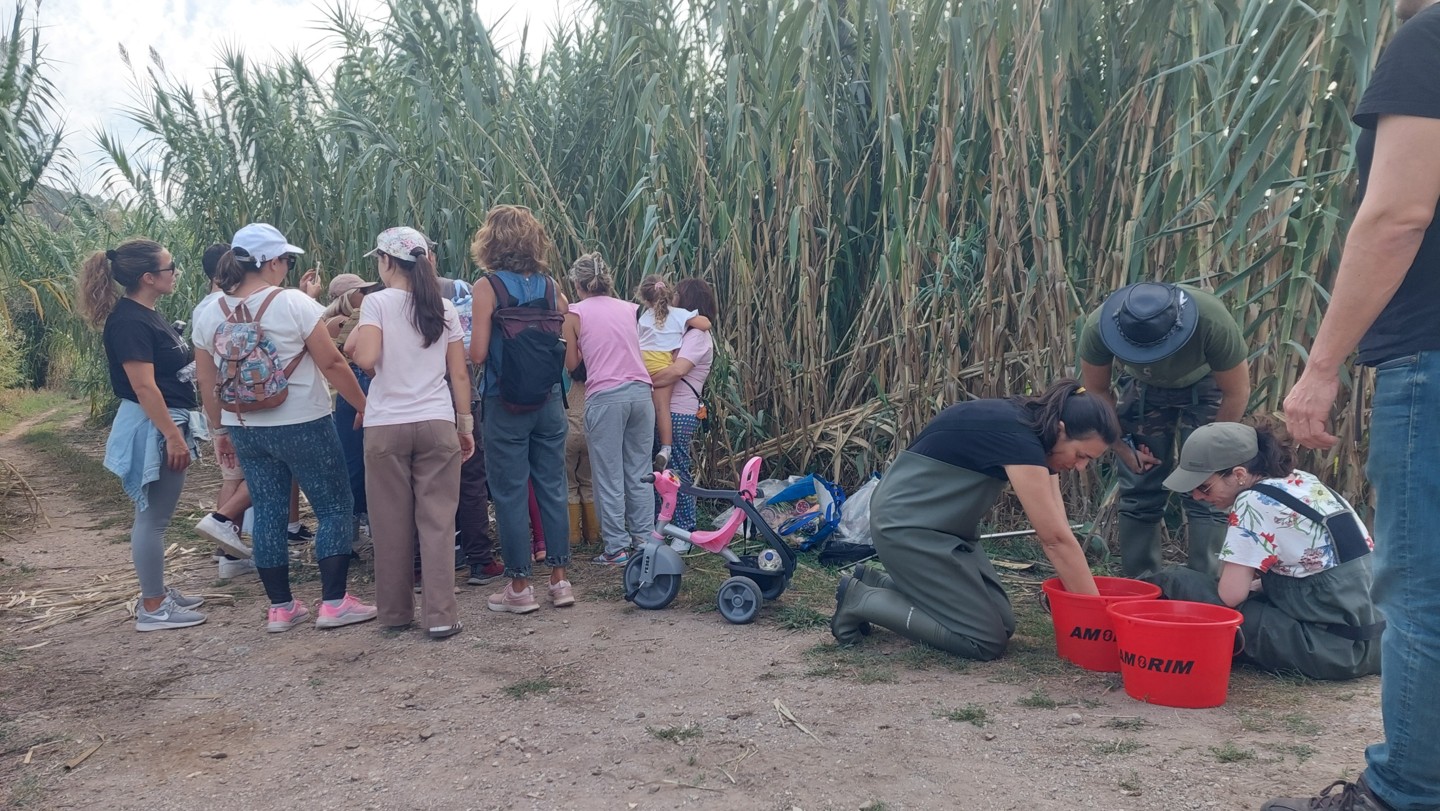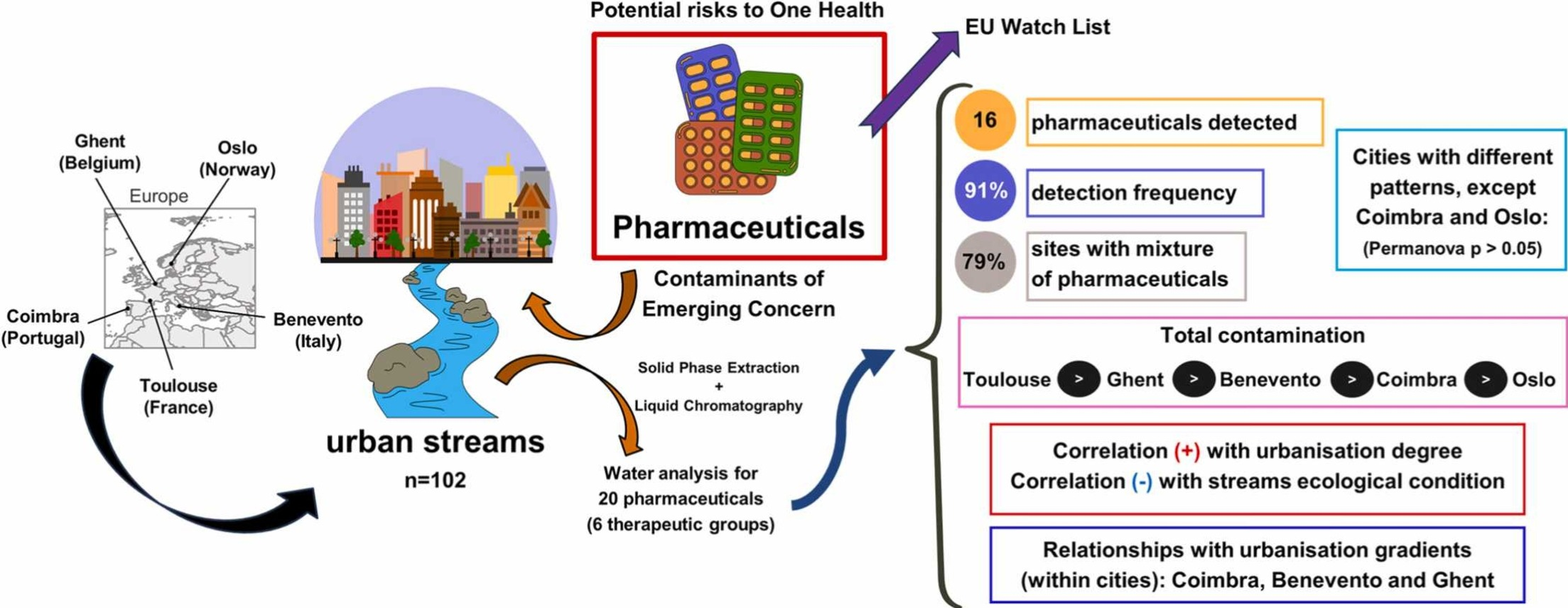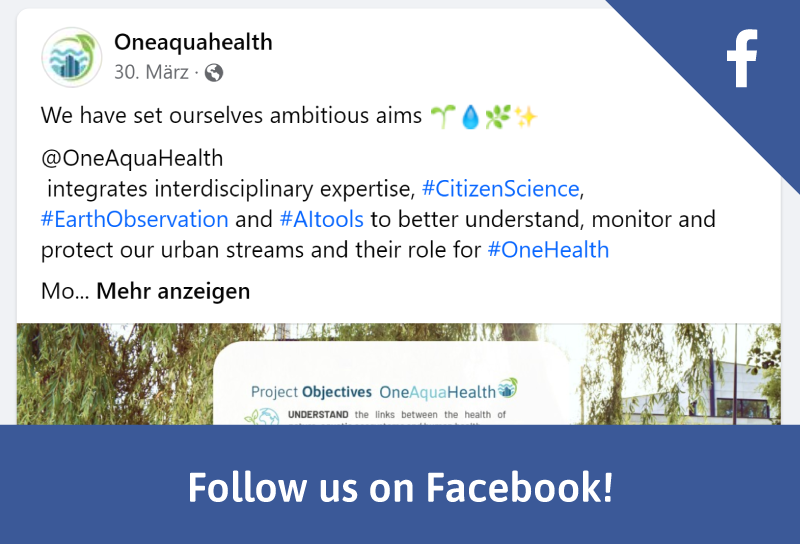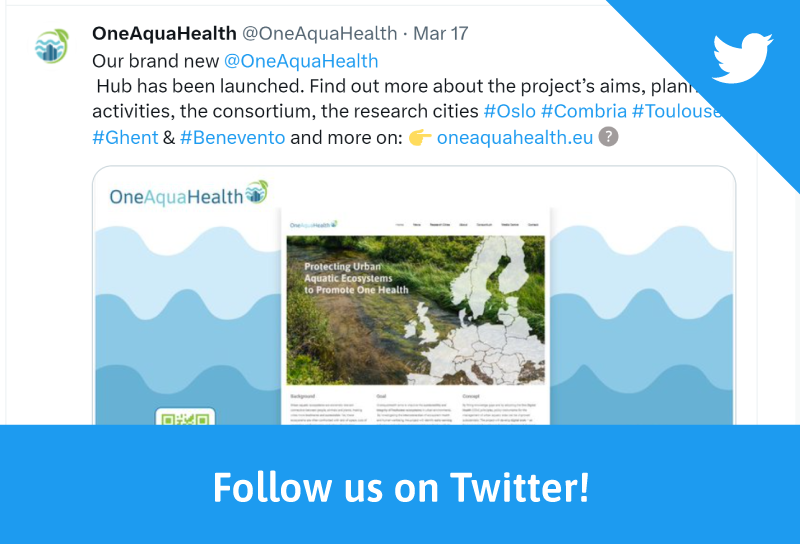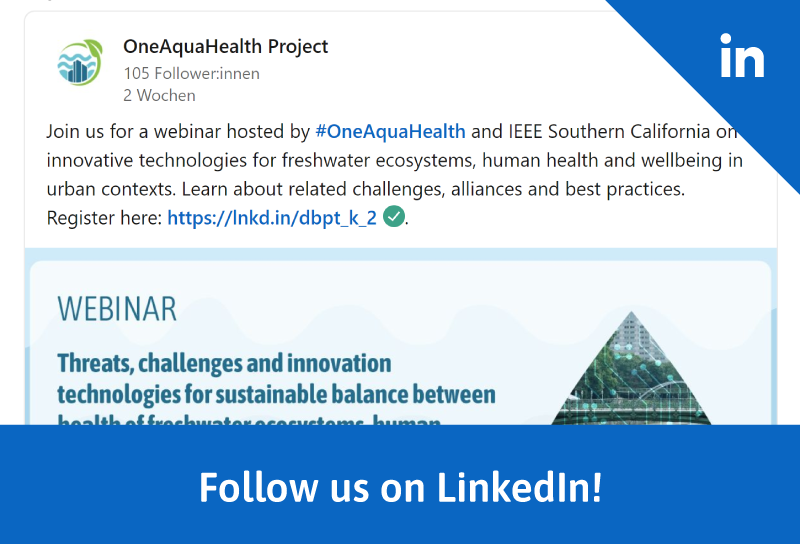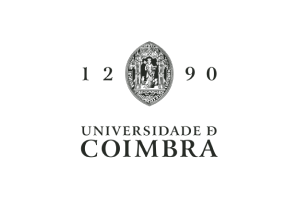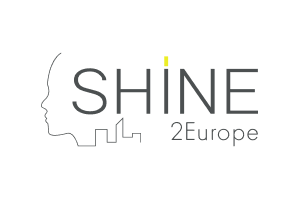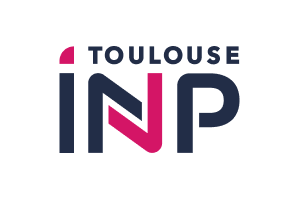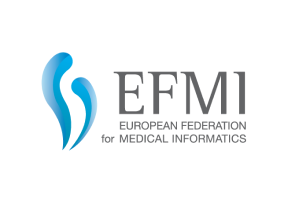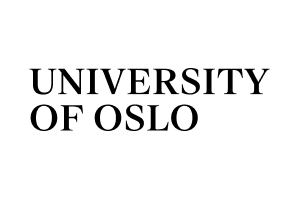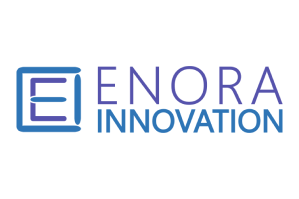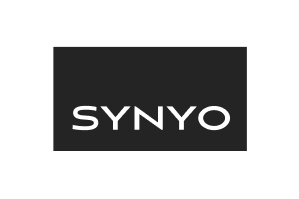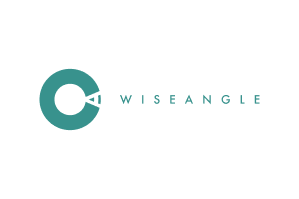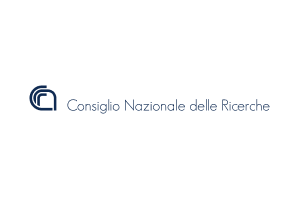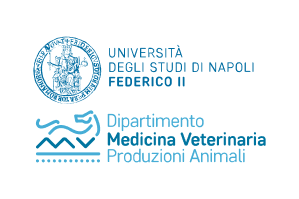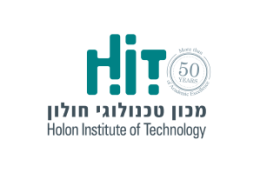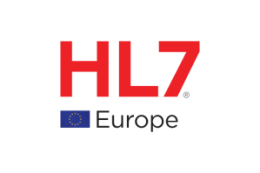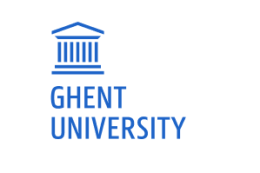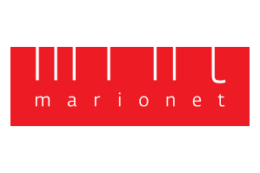Background
Urban aquatic ecosystems are extremely relevant connectors between people, animals and plants, making cities more biodiverse and sustainable. Yet, these ecosystems are often confronted with lack of space, cuts of vegetation, artificialization, and other urbanisation processes. This degradation can lead to numerous disservices to humans in regard to emerging pathogens, decreasing disease resistance, climate change impacts and other health concerns in cities.
Goal
OneAquaHealth aims to improve the sustainability and integrity of freshwater ecosystems in urban environments. By investigating the interconnection of ecosystem health and human wellbeing, the project will identify early warning indicators and enhance environmental monitoring with AI-assisted tools. As a result, the project will support decision-makers in finding adequate and timely decisions as well as effective measures to restore aquatic ecosystems health and promote OneHealth.
Concept
By filling knowledge gaps and by adopting the One Digital Health (ODH) principles, policy instruments for the management of urban aquatic sites can be improved substantially. The project will develop digital tools – an Environmental Surveillance System, a Decision & Support System and a CitizenScience App to raise awareness and to engage all relevant stakeholders to jointly achieve thriving ecosystems and healthier communities for the future.
Date: May 21st, 2024 / 11:00am CET
Location: Online
OneAquaHealth project and Wise Angle Consulting S.L (OneAquaHealth work package leader) are delighted to invite you to a webinar dedicated to share experiences and viewpoints on the most successful engagement strategies in Citizens Science projects and the usage of Mobile Applications.

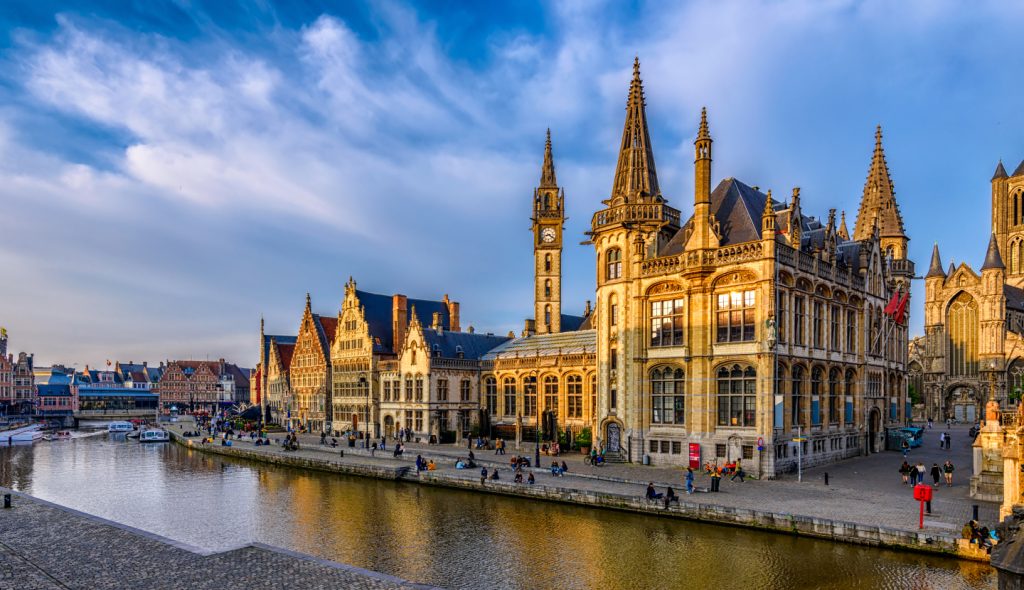

NEWS
Artificial Rivers in the Eastern World: Control, Growth, and Restoration
In much of the eastern world, rivers have been intensively engineered to support rapid urbanization, agriculture, and energy production. Mega-infrastructures like the Three Gorges
OneAquaHealth Community, Citizen‑science Project & CitizenScience App: Empowering Urban River Protection
The OneAquaHealth Community and its Citizen Science project form a powerful, complementary ecosystem that connects citizens, researchers, environmental practitioners and policy sta
OneAquaHealth expands global reach with keynote presentation at CSCSF 2025 in Xiamen
Following the successful poster presentation at the EFMI STC in Osnabrück, the OneAquaHealth project gained further international exposure during a keynote speech delivered at the
Strengthening OneAquaHealth’s exploitation strategy with the Horizon Results Booster
In 2025, the OneAquaHealth consortium began a structured collaboration with the Horizon Results Booster (HRB) to refine the project’s exploitation strategy and strengthen the fut
Unveiling the adequacy of existing legislation in protecting urban river ecosystems in the context of One Health
The article examines whether existing international and EU legislation adequately protects urban river ecosystems within the One Health framework, highlighting both achievements an
A Closer Look at the Lieve Canal: Fieldwork for a Healthier Ecosystem
On cool October days in 2025, our team walked, measured, and observed life along the historic Lieve canal in Lievegem (Flanders, Belgium). Stretching quietly through fields and vil
Autumn River Walk in Coimbra strengthens the bond between people and nature
On October 18, the Centre for Marine and Environmental Sciences (MARE) of the Faculty of Sciences and Technology of the University of Coimbra (FCTUC) organized an Autumn River Walk
Remote and in situ environmental surveillance of urban streams to support public health issues
Urban streams are increasingly recognized as critical indicators of environmental health and public well‑being. Yet, they face mounting pressures from pollution, urbanization, an
Patterns of pharmaceutical contamination in streams of European cities across urbanisation gradients: Potential impacts on One Health
A study of the OneAquaHealth consortium, led by Fernanda Rodrigues (University of Coimbra) on the occurrence of pharmaceuticals in the water at 102 urban streams of OneAquaHealth R


